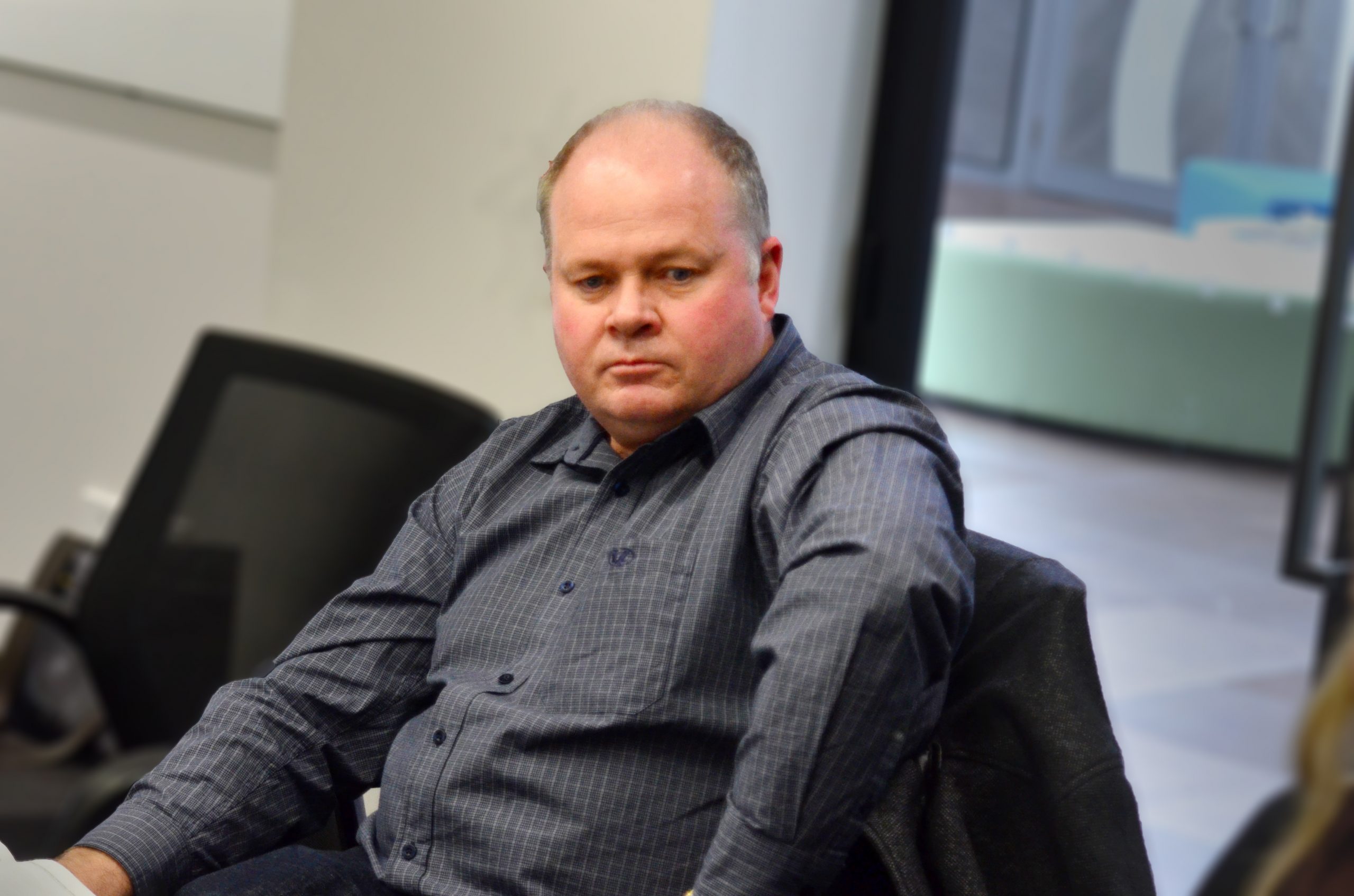Our next “Sixty seconds of steel’ feature is with David Moore of Grayson Engineering.
HERA member Grayson Engineering is a recognised market leader with over 50 years in the steel fabrication industry. From large-scale stadiums to sculptures, bridges, towers, industrial sheds and everything in between, the organisation has completed a wide range of projects while continually investing in CNC equipment and technology. HERA spoke to Managing Director, David Moore, about the future of steel, the impact of Industry 4.0 and some of the challenges and opportunities the company is facing.
How are you finding current business conditions?
We are busy. We’ve got a lot of work locked in for this year and next year, but, like everyone in the industry, the price of steel is increasing and ongoing global supply chain issues are proving challenging. While there is a lot of construction activity, one of our biggest challenges now is ensuring we get what we need as every service provider, from steel merchants to paint suppliers, is having their own supply impasses.
We’re optimistic that it won’t get worse, but realistically these pressures are here for a while yet. If you asked me before the war in the Ukraine, things were starting to stabilise, but now we are seeing prices on the move again.
How much has your company been impacted by the pandemic?
If we have an outbreak in our office-based team, they can work from home if they’re well enough. Our team can’t do what they do in the workshop at home – and just about everybody in our workshop caught COVID-19.
It hit our business hard, particularly as the level of assistance from the Government was really limited to the wage subsidy. As other businesses know, there are fixed overheads that must be paid even when no revenue comes in during lockdowns.
It will probably take two or three years before we’re back in the position we were in before the pandemic. The irony is we’re now as busy as ever, and we are seeing mechanisms come into play at the contractual level to protect businesses like ours from the effects of COVID-19.
Staff retention – how easy is it and do you have enough?
It’s a balancing act. We don’t have enough staff now and are actively taking on apprentices, but we also have several team members that have been with us for the last 20-25 years. Overall, we’re optimistic that once more workers come in from overseas again, we’ll be able to hire more people with the skills we need to help fill the gap.
What impact has technology and Industry 4.0 had on your business?
COVID-19 put a hold on some things, but the more we can use technology to automate mundane processes, the more time our team can spend on the quality finishing touches.
We got involved with Industry 4.0 mainly because Grayson Engineering works with a company that does modular construction, which, because it’s a repetitive process, started us on the track of developing a robotic welding line in conjunction with HERA and the University of Wollongong.
For the future, we’re looking at how the technology is developing around robotic welding without having to build a welding line. However, most of this technology is in China, which has had very strict travel restrictions, so we’re in a holding pattern for now.
What steps is your company consciously taking to help mitigate climate change?
As part of the Sustainable Steel Council, we’re already certified, and currently looking to step up to Enviromark diamond standard accreditation to show our commitment to lowering our carbon footprint. We are obviously heavily into recycling steel, so when we have off cuts or any scrap, it goes straight into the recycling. It not only saves us money, but also does its bit for the environment.
What are you thinking about when looking ahead?
We’re a small country at the bottom of the world and most technology or machinery we buy is made overseas. We must embrace technology to augment the labour force and increase productivity. I’d never buy anything without having seen it in operation somewhere and making sure it’s going to do everything we need it to, so I think when international travel is back at a level where all countries are accessible, we’ll see a larger uptake of technology and virtual solutions overall and within New Zealand.


